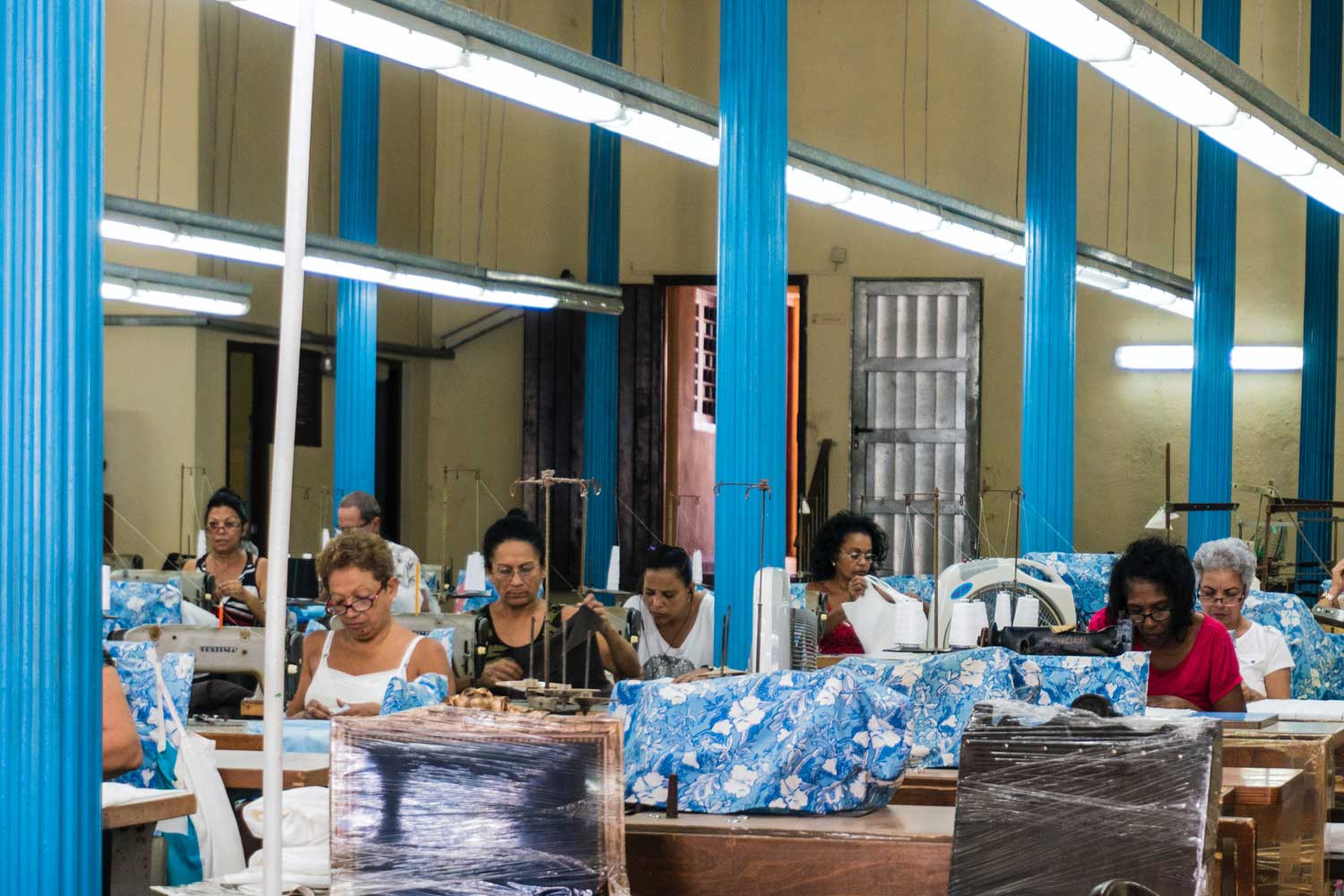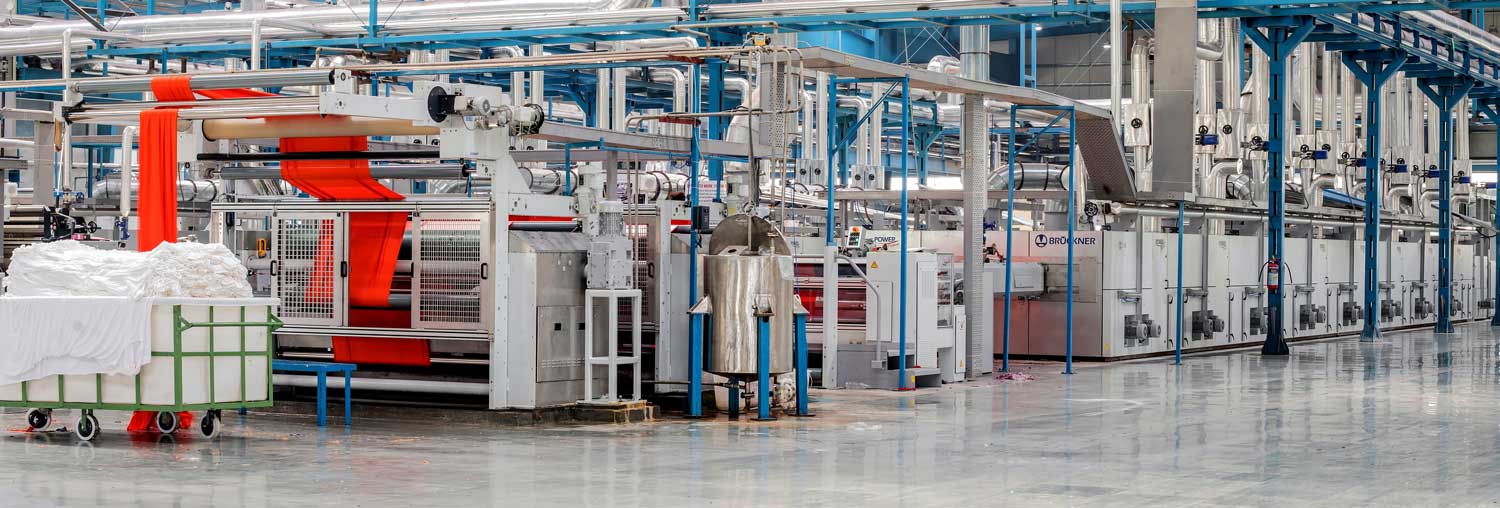A manufacturing facility in Mexico can evolve from plan to product in fewer than six months – but a company must understand the culture before doing business in Mexico.
So says Rob Phillips, vice president of Global Operations for Phillips Industries (PI).
California-based PI has facilities in Saltillo Coahuila, Mexico; Shenzhen, China; Mississauga, Canada; and Arden, Netherlands. It is a leading supplier, innovator and manufacturer of advanced electrical and air-brake interface equipment for the commercial vehicle industry.
Starting Out
PI execs signed a contract with The Offshore Group for shelter services in Mexico in October of 2010, and they “literally began to build a facility from (that) day,” Phillips says.
“With the management team and the level of expertise in all functional aspects of the operation, we found we could be very successful in a very short period of time,” he adds. “This is more so than in China, or anywhere else, really. The workforce in Saltillo makes a lot of things that would normally be difficult easy to manage.”
But it wasn’t seamless, Phillips admits.
“I made a classic error, which was to bring an American management team into Mexico to operate,” he explains. “From my perspective, the team we brought over was somewhat effective at managing Hispanic employees in the U.S., and I made the decision to transfer them to our new Saltillo manufacturing plant. The result of this was a complete lack of respect for the Mexican culture. We almost had to shut the operation down.
“The lesson that I’ve learned is, clearly, ‘Do not bring an American team to manage a manufacturing plant in Mexico,’ unless they really have a lot of experience understanding the culture and speaking the language,” he continues. “There are a lot of things we did and didn’t do that I wish we had done differently.”
Common Missteps
Phillips’ misstep is not new. Other companies have made similar assumptions, including multinational medical-products corporation USMed. Angelica Garza, a Mexican-American employee from USMed’s California site, was resented by female workers and disparaged by male employees in Mexico when she was transferred there to handle human-resource issues.
“Being a Mexican-American, I thought it would be easier working in Mexico because I had some exposure to the culture, but it was a real culture shock for me,” Garza admits.
Twenty years ago, most maquiladora upper management was U.S. or foreign. Education has changed that, notes Mexican-born Filiberto Coello, director of Phillips Production Systems and manager of PI’s Saltillo operation.
“The workforce in Saltillo is well educated and oriented to the American culture,” Coello explains. “You can find bilingual people who know how to work in an American business environment.”
Schooling for these industries is specific, so “the educational background of our workers is already applicable and in place,” Coello adds. “It’s a great advantage for us.”
Today, roughly 1.3 million Mexicans are employed at one or more of Mexico’s approximately 3,000 maquiladoras owned primarily by American, Japanese and European countries.
Some Challenges
Addressing reports of cartel violence in national news, Phillips indicated his company “hasn’t had any problems making deliveries or building products.” Instead, any issues that have arisen come from inviting clients to visit the Saltillo plant.
“We have a tough time getting anyone to travel to Mexico” because of their company policies prohibiting visits to the country, he explains. “It hasn’t directly affected running our business, but it has affected further opportunities.”
Phillips welcomes questions about PI’s Mexican manufacturing experience. Inquiries can be directed to (562) 781-2100 or to the Mexican plant at 52-544-986-9200.
Subscribe
Sign up and stay informed with tips, updates, and best practices for manufacturing in Mexico.





